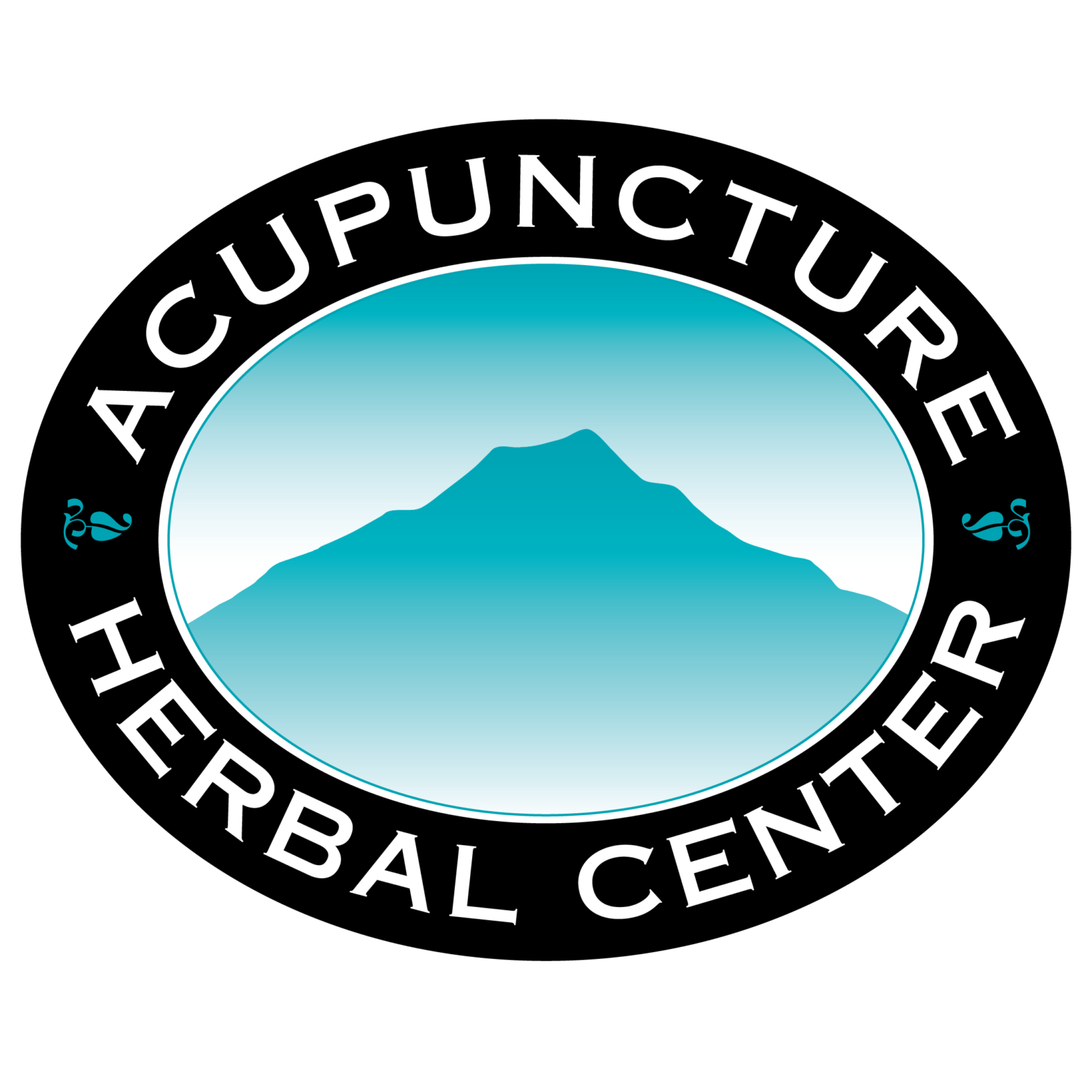Cardiovascular Diseases
Promoting Cardiovascular Health Through Chinese Medicine
Samuel Wang received his M.D. in both Chinese and Western medicine at the Sun Yat Sen Medical School in Canton, China. He then became a Senior Physician at the Cardiovascular Institute. He finished his postdoctoral fellowship at the UCSF Medical Center and earned an award from the American Heart Association. He regularly treats patients with high blood pressure, hypertension, stroke and paralysis. Dr. Wang also helps with smoking cessation, alcohol and drug addiction and weight loss.
Deirdra Claiborne specializes in promoting a healthy cardiovascular system using acupuncture and Chinese herbs. She treats patients with benign arrhythmia, high cholesterol, stress and helps those with anxiety, digestive disorders (such as stagnation and excessive phlegm) and suggests a diet to promote cardiovascular health.
The Chinese culture had very little incidence of heart disease, and it is well known that major contributors to the disease are diet (particular high fat and low fiber), inactivity and emotional stress. Modernization, particularly Western dietary influences, has led to a major increase in heart disease not known before in Eastern cultures. The diet had been free of dairy products. Meat was used in small quantities in combination with vegetables and rice. Obesity was rare not only due to diet, but because of needing to walk and ride bicycles instead of driving. Modernization and lifestyle have resulted in the dysfunction of the blood circulation (arteriosclerosis, hypertension) the heart (coronary heart disease, heart attack) and the brain (stroke).
Some of the factors that improve cardiovascular conditions are reducing stress. Too much stress leads to over-activation of the sympathetic nervous system which affects the brain and the heart, causing the heart to work harder and forcing the blood vessels to constrict, possibly leading to arrhythmia which is potentially dangerous.
A significant benefit of acupuncture is that it dramatically reduces the sympathetic nervous response, therefore reducing the pressure on the heart.
Having an unhealthy lifestyle with excesses of food, alcohol, sugar, caffeine, irregular meals, soda and iced drinks increases the risks. Cold stagnates and bloats the digestive system, leading to what we call “the swamps.” Metaphorically, this can be seen as a flowing river where impurities are filtered through movement, but if the river stops flowing and has pollutants, it then becomes a swamp of stagnant water. The digestive system, according to Chinese medicine, transforms and transports energy from the food.
Acupuncture and herbs help the system perform optimally, thereby increasing the body’s ability to reduce unnecessary fat that leads to blocked arteries, and phlegm that impairs the heart.
Smoking constricts the blood vessels, often leading to cardiovascular disease and stroke. Acupuncture successfully minimizes the cravings and withdrawal symptoms of tobacco, alcohol and drugs ~ if the person is ready to change.
Other important factors promoting health are eating a low sodium diet rich in vegetables, fruits and whole grains, minimizing alcohol and getting enough exercise (30 minutes per day).

Acupuncture Herbal Center Marin County
